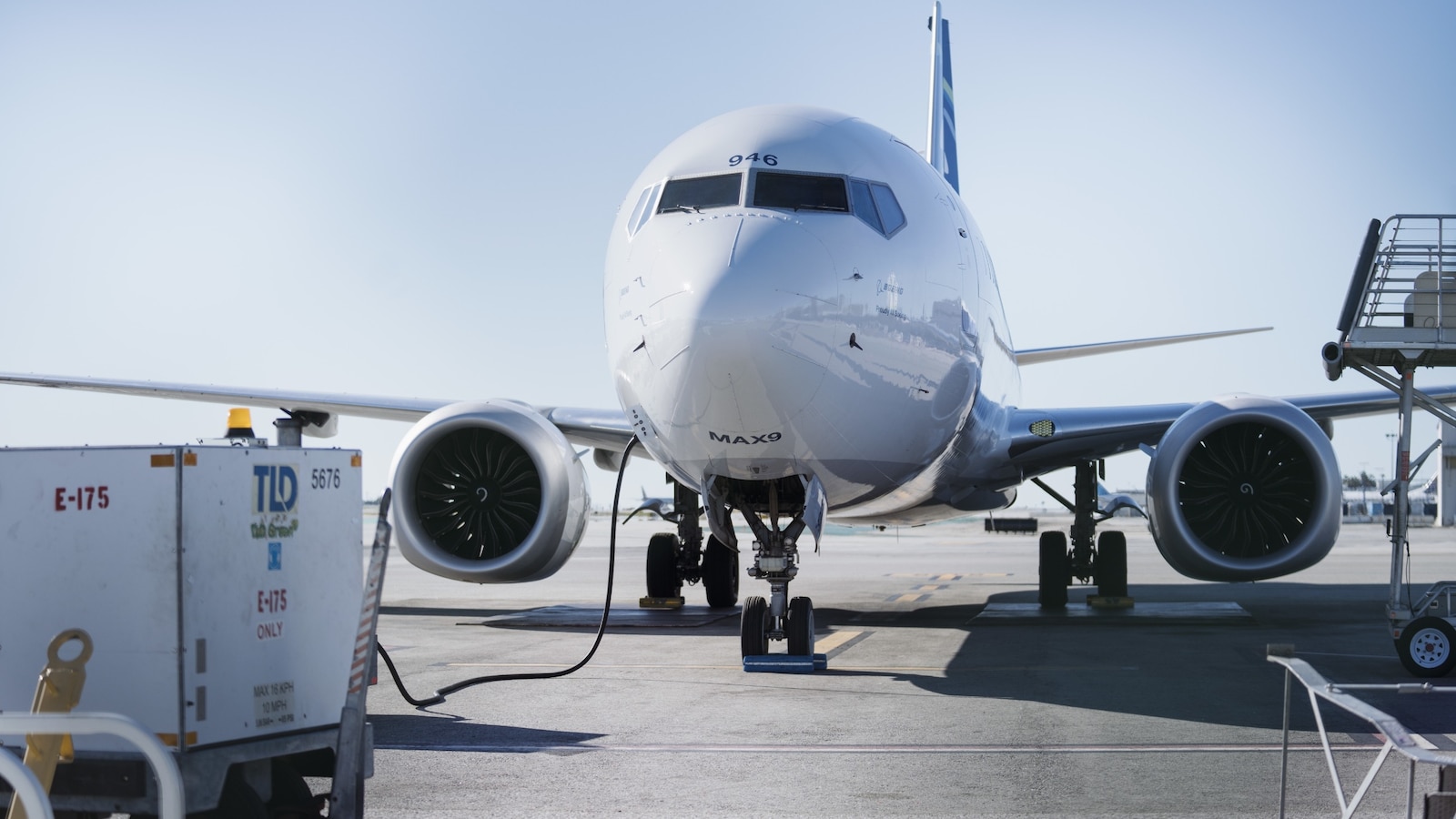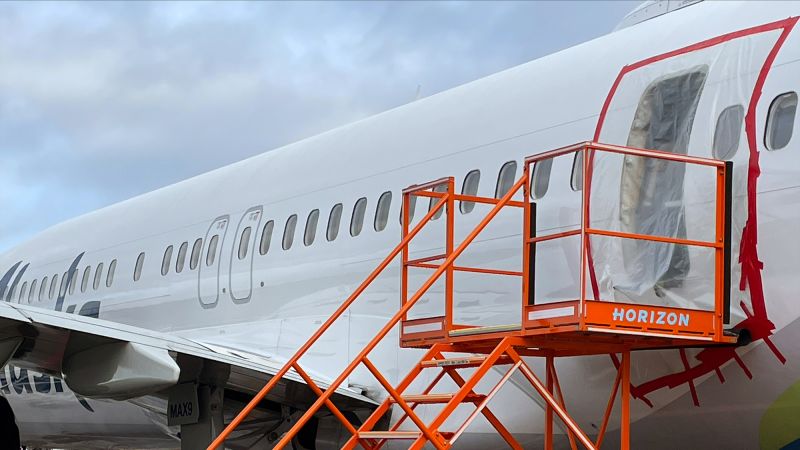
Boeing, the leading airplane manufacturer, has been under scrutiny following a series of incidents involving door plug blowouts on its 737 MAX planes. In response to these incidents, Boeing has made significant changes to ensure the safety and quality of its production processes. One incident occurred at Alaska Airlines in January 2024 when a door plug blew off mid-flight due to missing bolts. The root cause was later identified as a failure by one employee to fill out the necessary paperwork.
Boeing has implemented new procedures to prevent similar incidents from happening again. Employees are now empowered to stop production if they identify any issues, and each team holds weekly meetings for an hour to discuss concerns or improvements. Additionally, Boeing is rethinking its training methods due to the high volume of new hires and the lack of on-the-job training from experienced employees.
Boeing has also made changes to its production lines by evaluating existing workflows and simplifying processes. The company is sending more inspectors to its suppliers and keeping airplanes in place until they pass a daily quality inspection. Boeing is also enhancing training for new hires by reinforcing peer mentoring programs and reinvigorating foundational training.
Despite these efforts, Boeing still needs to fully roll out its safety management system (SMS), which is a formal, top-down, organization-wide approach to managing safety risk and assuring the effectiveness of safety risk controls. The FAA has been closely monitoring Boeing's progress in implementing these changes.
The Alaska incident was not an isolated occurrence. In October 2023, a door plug on a relatively new Boeing 737 MAX plane did not have all its bolts installed before it left the factory. Two different groups of employees were responsible for removing and reinstalling the door plug, but no paperwork was generated to indicate that it had been removed or that its bolts were missing.
Boeing has acknowledged these incidents and is taking steps to prevent them from happening again. The company is committed to ensuring the safety of its planes and restoring public trust.






